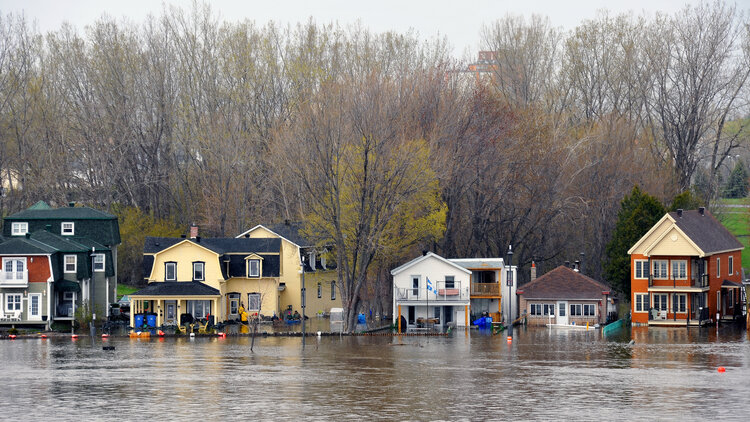Guest Column
The Canadian Urban Institute convened four climate resilience experts across North America to talk through a question many municipalities are grappling with right now: How do we respond to the two concurrent crises of COVID-19 and climate change? Elliott Cappell, one of the panelists and Director of Climate Change and Resilience at WSP, shares some highlights and reflections from the discussion.
Since 2019, more than 490 Canadian municipalities have declared a climate emergency. These declarations are a rallying cry to advance local action, and in many cases, include a specific set of actions municipalities want to take to adapt to and mitigate the impacts of climate change. Now, municipalities across the country have found themselves in a formal state of emergency due to COVID-19, and are struggling with how to advance climate action in the context of two concurrent crises.
As the level of government closest to people and place, municipalities are best-positioned to lead the on-the-ground response to both COVID-19 and climate change. But responding to either of these crises requires an outsized role from cities which have limited resources for addressing systemic, long-lasting emergencies. Municipalities are facing a staggering loss of revenue due to COVID-19, with many struggling to fund core operations. With resources understandably focused on basic functionality and pandemic response, climate experts are worried that human and financial capital for climate change projects will be pulled.

